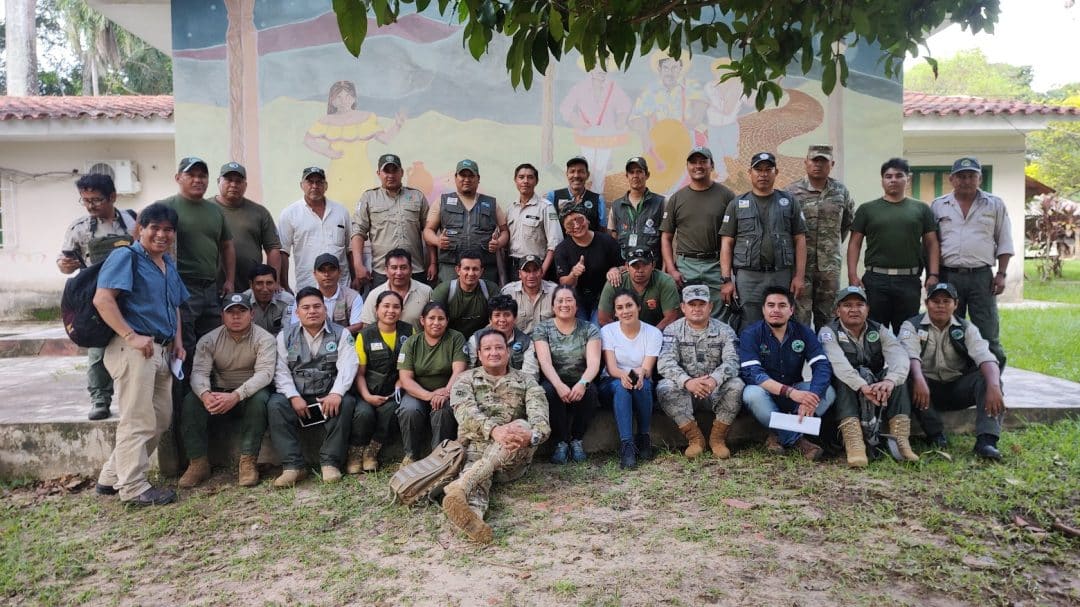
Project Update
PROJECT STATUS Completed
PROJECT DELIVERABLES
- Capacity support and training:
– 3-day workshop about managing and preventing fires
-5-day training program combining classroom learning and hands-on practice for managing fires
- Improved capacity of the CCREA, SERNAP, MMAyA and Vice Ministry of Civil Defense to effectively prevent, manage and respond to wildfires and to design and implement disaster risk reduction and recovery tools.
LESSONS LEARNED
- Locale expertise who speak the language could be helpful to improve project planning and implementation in rural areas.
TOTAL PROJECT REACH
- 157 participants (directly) reached through activities conducted and project deliverables
- No data Available for Canadian Public Engagement
PUBLIC ENGAGEMENT
- Jane Park was interviewed by the Calgary Eyeopener (CBC Radio Morning Show)
- Several articles were published, including one in the Globe and Mail :“ Canadian wildfire experts training Bolivian counterparts” , Global News:“Alberta Wildfire Experts in Bolivia to Help with Fire Training and Prevention” and on CBC:”Canadian Experts Help Train Bolivian Counterparts in Preparation for Wildfire Season“.
- Jane Park and Mike May organized a webinar in collaboration with the Canada Wildfire to share the highlights of this initiative
- This initiative was featured on the TAP website for the International Day of Forests
Project Profile
The Technical Assistance Partnership (TAP) initiative, with Canada’s premier wildfire experts Jane Park and Mike May, is working in collaboration with the Government of Bolivia’s National Protected Areas Service (SERNAP), entity responsible for the conservation and management of protected areas and for controlling and mitigating forest fires that are prohibited by law in protected areas and reserves. This agency reports to the Ministry of Environment and Water (MMAyA), which is also responsible for developing conservation and risk and forest fire prevention strategies.
The experts will provide technical assistance to support the management of forest fires in protected areas and indigenous territories in the Bolivian Amazon and adjacent forest ecosystems.
The initiative also aims to improve the capacity of the Joint Command for Reaction to Adverse Emergencies of the Armed Forces (CC-REA), an arm created by the Vice-Ministry of Civil Defense, to manage and respond to wildfires effectively through training, sharing best practices and lessons learned. The main objective of CC-REA is to reduce and attend to adverse events in the country, reduce probable damage to the population, and preserve nature.


